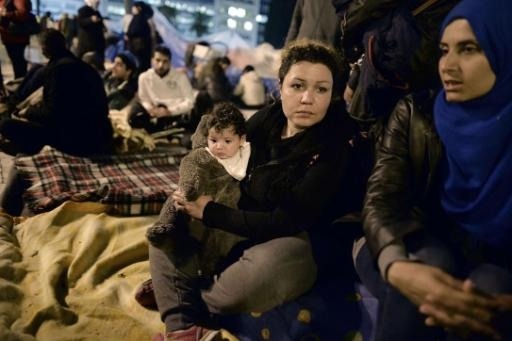Developed countries have only taken in a “small” number of Syrian refugees forced to flee their homes by war. This puts a heavy burden on the countries bordering Syria that do not really have the means to care for them. This information came from Amnesty International on Friday, less than a week before the Donators Conference in Geneva on the 9th of December. The human rights organization said it is “shocked” by developed countries refusing to take in more refugees.
“Nearly 3,8 million Syrian refugees are being cared for by 5 countries in the region: Turkey, Lebanon, Jordan, Iraq and Egypt”, says Amnesty International. “Only 1,7% of them have found asylum elsewhere in the world”.
The organization says that the Golf States, Russia and China have not offered shelter to any of them.
Apart from Germany, the EU has not taken in more than 0,17% of the refugees sheltering in the 5 countries bordering Syria.
“This imbalance…. Is really shocking”, says Sherif Elsayed-Ali, head of the refugee and migrant section of Amnesty International.
The organization wants 5% of the Syrian refugees to be relocated by the end of 2015, and 5% more the year after.
Since the start of the Syrian conflict, Belgium has given protection and residency rights to 4,000 Syrians, through refugee status, subsidiary protection, reuniting family groups or integration.
“Countries cannot hand out cash payments to ease their conscience and then wash their hands of the issue”, says Mr Elsayed-Ali. “Those who have the economic means to do so must play an important role”.
The conflict in Syria started in March 2011 with the bloody repression of anti-government protests, that degenerated into civil war. Half of the population has been forced to leave their homes.
More than 3 million people have fled the country, becoming refugees, while 7 million have moved to safer areas within Syria.
(Source: Belga)

